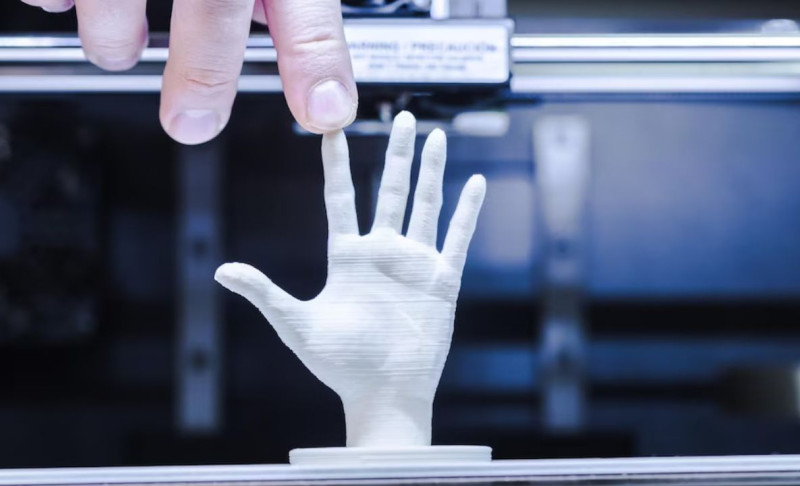Description
During the course, you will work in a multidisciplinary research team and learn how people interact with robots, how to design social robots, how to set up a human-robot experiment. You and your teammates come from various fields such as psychology, social work, education, healthcare, engineering, media, IT, communication, and business. All of you will bring specific knowledge from your field and together you will find creative ways to utilise these skills. Combining your strengths will give you the opportunity to come up with and design new solutions in the field of social robots.
In this course, both theoretical background and hands-on experience on Social Robotics will be provided. Knowledge about essential theories, concepts, principles, and tooling will be addressed. This knowledge enables the students to design and experiment with applying Social Robotics in a responsible way.
After the course, the student is able to:
- explain and select various design methods applicable to social robots in several domains;
- apply various design methods applicable to social robots in several domains, and thereby can design a social robot for a specific scenario;
- present a social robot scenario to an academic/ professional audience;
- explain the basic theories, concepts, and principles related to the domain of human-robot interaction;
- critically describe how the design (e.g. embodiment and anthropomorphism) of a social robot influences how humans interact with robots;
- build/configure a social robot for a specific purpose within a domain, such as education, healthcare, or hospitality;
- set up an experiment to assess the effect of a social robot;
- analyze and explain experimental data results;
- present the project using a scientific paper.
Lecturers
- Dr. Mirjam de Haas
- Dr. ing. Koen Smit
- Dr. ing. Matthijs Smakman
- Veerle Hobbelink, MSc
- John van Meerten, MSc
- Jeffrey Matray, MSc
Target audience
Students and professionals who are interested in Social Robots and how to design and apply them in practice. Although a technical background or expertise is not required, affinity with and an interest in technology is recommended for this course. The course level is bachelor/advanced bachelor.
Aim of the course
Provide course members with insights and practical experience on Applied Social Robotics by addressing Design Methods for Social Robots, Human-Robot Interaction, and a project in which you need to design and demonstrate a Social Robot to tackle one or more societal challenges.
Study load
Five days, six to eight contact hours per day. One to two self-study hours per day.
Costs
-
Course fee:
€499.00
-
-
Included:
Course + course materials
-
Housing fee:
€200
-
Housing provider:
Utrecht Summer School
Additional information
The housing costs do not include a Utrecht Summer School sleeping bag. This is a separate product on the invoice. If you wish to bring your own bedding, please deselect or remove the sleeping bag from your order.
Application
For this course you are required to upload the following documents when applying:
